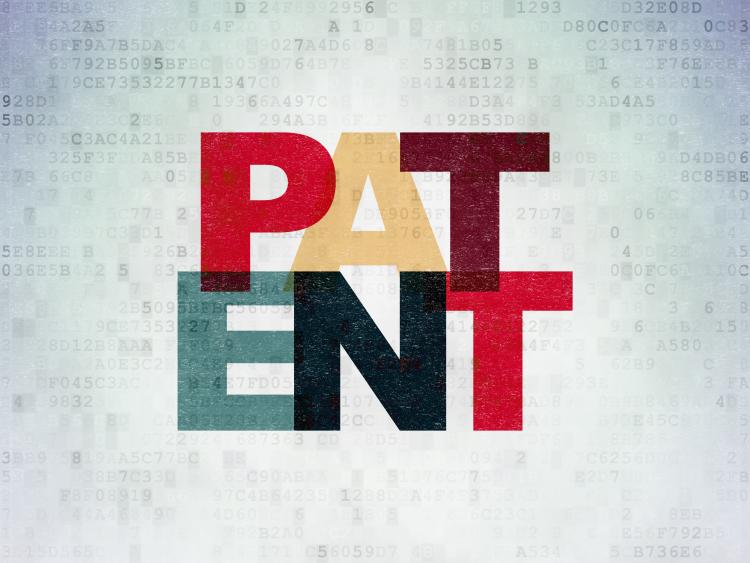
On May 26, 2023, the Federal Court of Appeal (FCA) issued its decision in dTechs EPM Ltd. v British Columbia Hydro and Power Authority, 2023 FCA 115, dismissing an appeal by dTechs EPM Ltd (dTechs) regarding its action for patent infringement against BC Hydro and Power Authority (BC Hydro) and Awesense Wireless Inc. (Awesense), but allowing its appeal in part regarding the validity of its patent (the 087 Patent).
The 087 Patent relates generally to monitoring utility usage in order to detect patterns indicative of electrical utility theft. In its statement of claim, dTechs alleged that BC Hydro was liable for infringing the 087 Patent and that Awesense was liable for inducing or procuring its customers to infringe the 087 Patent. At trial, each party relied on the evidence of their own experts, whose testimonies related to the construction and validity of the patent claims in issue, as well as to the alleged patent infringement.
The Federal Court (FC) held that neither BC Hydro nor Awesense had infringed the claims of the 087 Patent. Further, the FC found that BC Hydro’s prior use of technology anticipated all the claims at issue except claims 4 and 22, which were independently anticipated by other sources. The FC also found that all the asserted patent claims were invalid for obviousness.
On appeal, dTechs initially contested almost all of the FC’s findings regarding the construction of the 087 Patent, the validity of the claims, and the findings of non-infringement. However, based on new evidence obtained in the context of assessing BC Hydro’s costs, dTechs ultimately amended its notice of appeal to include that the FC erred in admitting or giving any weight to the evidence of BC Hydro’s expert, Mr. Shepherd. dTechs effectively abandoned all of its other arguments in its memorandum of fact and law.
The new evidence admitted on appeal suggested that Mr. Shepherd did not author the first draft of his report, which dTechs asserted supported its allegation that Mr. Shepherd was not an independent and unbiased witness. dTechs argued that, had Mr. Shepherd’s testimony been excluded, dTechs would have succeeded at trial. On that basis, dTechs sought an order from the FCA granting its action for infringement against BC Hydro or, alternatively, directing a new trial.
The FCA began by stating that, in patent cases, it is “not unusual for expert reports to be prepared in close collaboration with counsel”. The FCA found that the new evidence was not conclusive of anything other than the fact that Mr. Shepherd did not write the first drafts of his reports, which does not inevitably mean that those drafts do not reflect his substantive and objective opinion. The FCA ultimately found that the new evidence did not affect any of the FC’s findings except as they related to the validity of claim 4. In the circumstances, the FC found it more appropriate to have the issues of anticipation and obviousness of claim 4 redetermined, if need be, by the FC due to the potential impact of the new evidence on the FC’s findings.
Notably, the FCA cautioned that “litigators involved in patent cases ought to be alert and alive to their duty to verify … [that] the opinion presented by the expert is truly their own objective opinion.”
Summary By: Claire Bettio
E-TIPS® ISSUE
Disclaimer: This Newsletter is intended to provide readers with general information on legal developments in the areas of e-commerce, information technology and intellectual property. It is not intended to be a complete statement of the law, nor is it intended to provide legal advice. No person should act or rely upon the information contained in this newsletter without seeking legal advice.
E-TIPS is a registered trade-mark of Deeth Williams Wall LLP.
